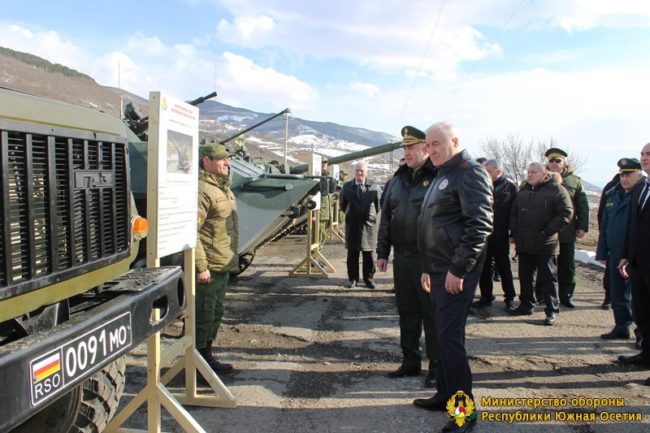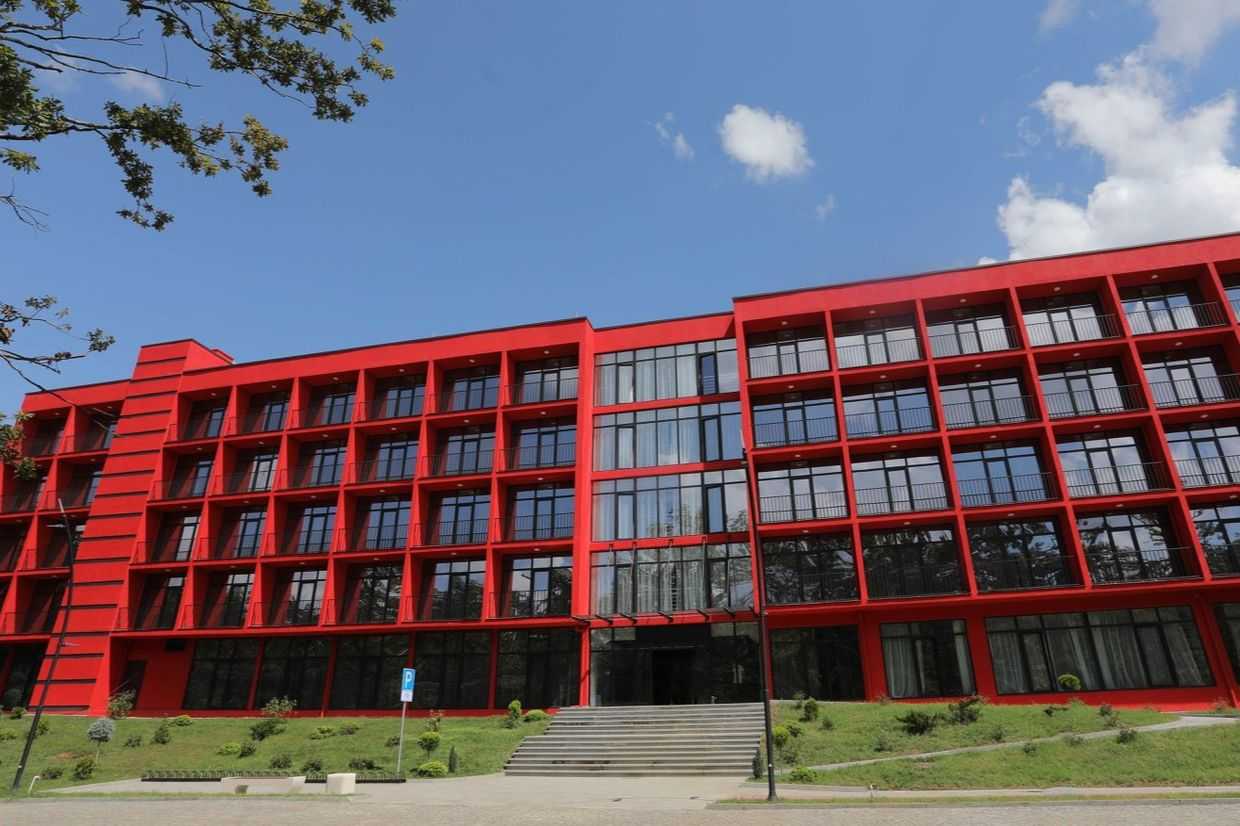

 A deal to integrate South Ossetian military units into the Russian armed forces has been ratified by Russia. Russia’s State Duma gave the final go-ahead for the merger on 24 January, a day after the first batch of American Javelin anti-tank missiles arrived in Georgia.
A deal to integrate South Ossetian military units into the Russian armed forces has been ratified by Russia. Russia’s State Duma gave the final go-ahead for the merger on 24 January, a day after the first batch of American Javelin anti-tank missiles arrived in Georgia.
The move caused outrage in Georgia, who said it ‘fully disregarded’ fundamental principles of international law.
Russian state-owned news agency Tass reported that under the agreement, South Ossetians with Russian citizenship ‘may be recruited for contract service in the Russian army’. The vast majority of South Ossetians hold Russian passports.
Those serving in South Ossetian units being incorporated into the Russian military will have to resign from South Ossetian service and will then be accepted as contract soldiers working at a Russian military base in South Ossetia.
The agreement was disclosed on 13 March 2017 and signed a day later by Russian President Vladimir Putin.
Russia, one of just four countries to recognise South Ossetia’s independence, had reportedly been pushing for the move for some time, but had met some resistance to the plan initially from within South Ossetia.
Russia’s Deputy Foreign Minister Grigory Karasin told Russian newspaper Kommersant that the ‘need for Russia’s cooperation with South Ossetia and Abkhazia is growing as the presence of NATO strengthens in Georgia’.
According to him, military bases in South Ossetia and Abkhazia ‘guarantee that no one attacks the republics, and if they do, they will receive a proper response’.
Georgia has repeatedly reiterated a commitment to the peaceful resolution of the conflicts over Abkhazia and South Ossetia, and has argued that NATO integration is necessary for defensive purposes.
Georgia, who along with most of the international community considers South Ossetia to be a part of its sovereign territory under Russian military occupation, condemned the ratification. A 24 January statement from Georgia’s Foreign Ministry said the move represented ‘another unlawful step by the Russian Federation towards factual annexation of Abkhazia and Tskhinvali regions of Georgia’.
The statement said Russia ‘blatantly violates the EU-mediated 12 August 2008 Ceasefire Agreement’. It also appealed to the international community to ‘duly assess Russia’s far-reaching aggressive policy and take effective measures in order to counter the ongoing illegal processes in Georgia’s occupied territories’.
A $75 million deal to sell American man-portable anti-tank Javelin missiles to Georgia got underway on 23 January, after being approved by the US Congress last year.
For ease of reading, we choose not to use qualifiers such as ‘de facto’, ‘unrecognised’, or ‘partially recognised’ when discussing institutions or political positions within Abkhazia, Nagorno-Karabakh, and South Ossetia. This does not imply a position on their status.









